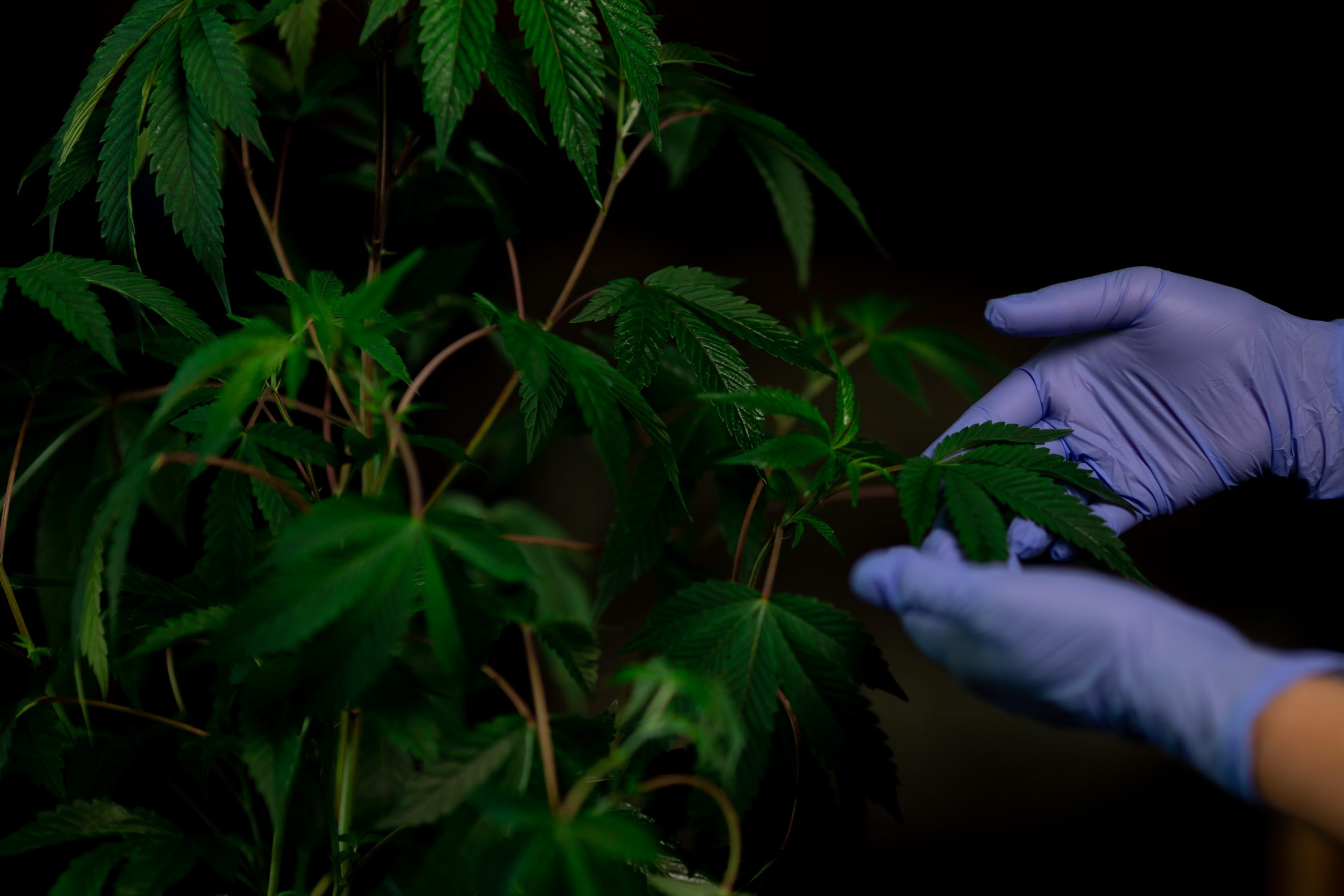Cannabis was first domesticated in China 12,000 years ago, research finds
A new study has revealed that cannabis was first domesticated as far back as 12,000 years ago.
Researchers at the University of Lausanne discovered that cannabis first emerged during the Neolithic period (10,000 – 4,500 BCE) in China, making it one of the oldest cultivated plants in the world.
The team, led by Luca Fumagalli, compiled 110 whole genomes of wild-growing plants that are used in hemp in the modern day in an effort to discover where it originated.
Although humanity has an incredibly long history of utilising cannabis for everything from textiles to medicine, its origins have been under-researched compared to other crop species, most notably due to legal restraints.
Now, however, as more and more places relax their attitudes towards the plant, light can be shed on its history.
The researchers wrote:
“Our genomic dating suggests that early domesticated ancestors of hemp and drug types diverged from Basal cannabis, indicating that the species had already been domesticated by early Neolithic times.”
This discovery flies in the face of the commonly held belief that the plant originated in Central Asia.
“Contrary to a widely-accepted view, which associates cannabis with a Central Asian centre of crop domestication, our results are consistent with a single domestication origin of cannabis sativa in East Asia, in line with early archaeological evidence.”
The study also goes on to mention that this latest find has come at the right time, as cannabis is proving more useful than ever before.
Researchers said:
“[The study] provides new insights into the domestication and global spread of a plant with divergent structural and biochemical products at a time in which there is a resurgence of interest in its use, reflecting changing social attitudes and corresponding challenges to its legal status in many countries.”










